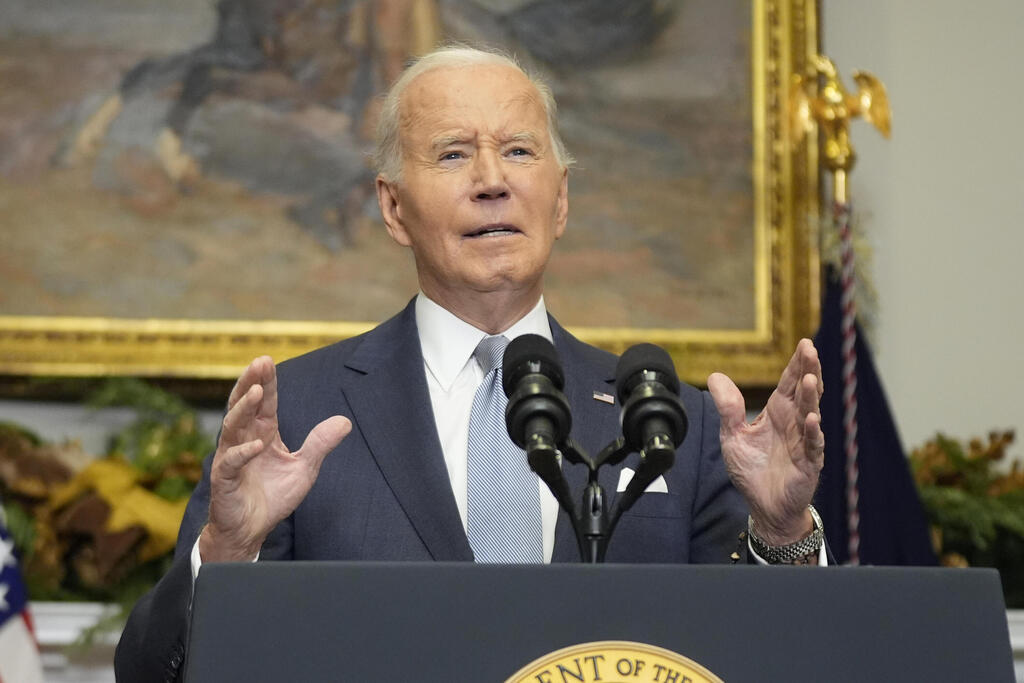Getting your Trinity Audio player ready...
New restrictions on the sale advanced AI semiconductors, announced by the White House just days before a new president steps in, were intended to ensure U.S. superiority against china and in the global competition in the field of AI, but they would have an adverse effect on Israeli companies.
The new rules were "designed to safeguard the most advanced AI technology and ensure that it stays out of the hands of our foreign adversaries, but also enabling the broad diffusion and sharing of the benefits with partner countries,” U.S. Secretary of Commerce Gina Raimondo told reporters on Sunday.
The American framework creates three tiers of countries for exports of advanced AI semiconductors and technology. Israel is included in the third tier and its tech companies and the defense industry would be limited in the amount of semiconductors they would be able to acquire.
Under the Diffusion AI bill, most European countries, Japan and other close allies of the United states would be able to purchase AI chips without limitations. Dozens of other countries including China, North Korea and Russia would be barred from purchasing any of the American AI semiconductor chips. Israel is among 100 countries that would see new caps put on the purchase of semiconductors although they would be able to apply for additional quotas under certain security requirements and regulations.
Get the Ynetnews app on your smartphone: Google Play: https://bit.ly/4eJ37pE | Apple App Store: https://bit.ly/3ZL7iNv
Nvidia on Thursday criticized the administration's plan saying that the outgoing president should not "preempt incoming President Trump" by enacting a last-minute policy. "We would encourage President Biden to not preempt incoming President Trump by enacting a policy that will only harm the U.S. economy, set America back, and play into the hands of U.S. adversaries," Nvidia Vice President Ned Finkle said in an emailed statement.
Israeli Elbit Systems presents advanced cannon
(IDF, Elbit)
"While cloaked in the guise of an 'anti-China' measure, these rules would do nothing to enhance U.S. security. The new rules would control technology worldwide, including technology that is already widely available in mainstream gaming PCs and consumer hardware. Rather than mitigate any threat, the new Biden rules would only weaken America’s global competitiveness, undermining the innovation that has kept the U.S. ahead," the statement continued.






